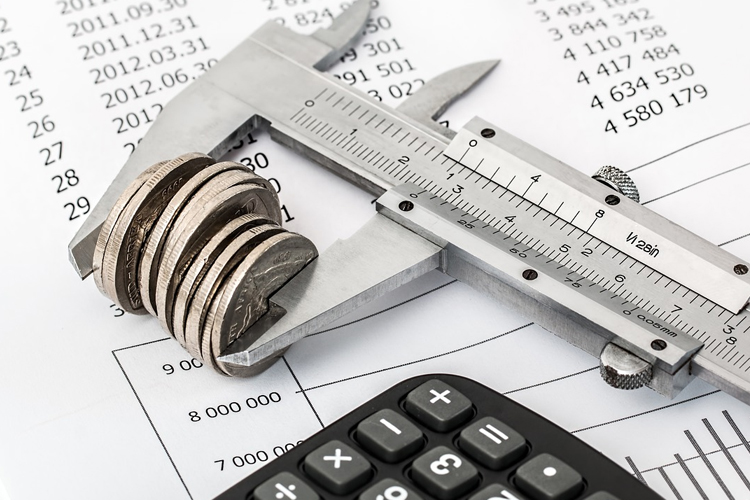Combating Debt with Bankruptcy
When your household’s total debt increases to a level where repossession is imminent and it can’t be settled despite your family’s most dedicated tactics, it might be time to file for bankruptcy and declare war on debt with the help of a qualified Houston bankruptcy lawyer in your area (e.g. a Katy bankruptcy lawyer)…
After filing for bankruptcy under Chapter 7 of the United States Code, you will be afforded a few months’ time to get your finances in order as debt collection is halted. If you opt for Chapter 13 bankruptcy, you will have the chance to pay off your debt and keep all your non-exempt property, provided you have the funds to pay for it while paying missed payments over a payment period you can suggest.
During this ‘free time’ while your bankruptcy is being settled, you should discuss your financial situation with your spouse or immediate household to find options. If either of you are not working at the moment, then it’s time to go job hunting – no excuses. A single income won’t be enough to cover the already mountain-like debt you have created, so both parties will need to be earning their keep.
Once you are both earning a reasonable amount, you can set up a weekly budget to monitor your spending. All parties should contribute an equal amount to this budget, and should adhere to any spending limits you define in a mutual agreement. Spending should be reserved to the essentials: food, housing, schooling, etc. and no high-profile items are to be bought unless an emergency arises.
After you have consulted your local Houston bankruptcy lawyer (e.g. a Katy bankruptcy lawyer), you should have a good idea of your credit state and the major expenses on your credit report. Cancel any memberships and sell any items that you cannot afford (boats, cars, maybe even a house). Also consider the possibility of escaping certain debt, like schooling fees. While pulling your child out of school is not an option, many public schools will allow clearance of school fees if your finances are bad.
Pay your bills on time to avoid creditors picking further quarrels over missed payments. If you can no longer afford paying debt on a certain item, consider selling it. Home mortgages are an example of high-priced loans, and in some cases you will need to lose them fast. Selling your house and covering the remaining debt after the sale would be a more favourable option to still receiving mortgage notices after filing for bankruptcy. Renting is a much cheaper and sustainable alternative.
Don’t swear loans away after bankruptcy, since you might well need to pay by credit again in the future. If you want to take out a loan, make sure it is affordable and ideally taken out about 2 years after your bankruptcy case. Paying the loan off fully and on time will greatly improve your credit rating. Don’t fall back into your bad spending habits however, and consider starting an emergency investment account to avoid this problem in the future.
Please visit our website for more information about us and bankruptcy.
Call us today at (713) 974-1151 to schedule a no-obligation consultation or feel free to email us at [email protected].
[paypal-donation]













